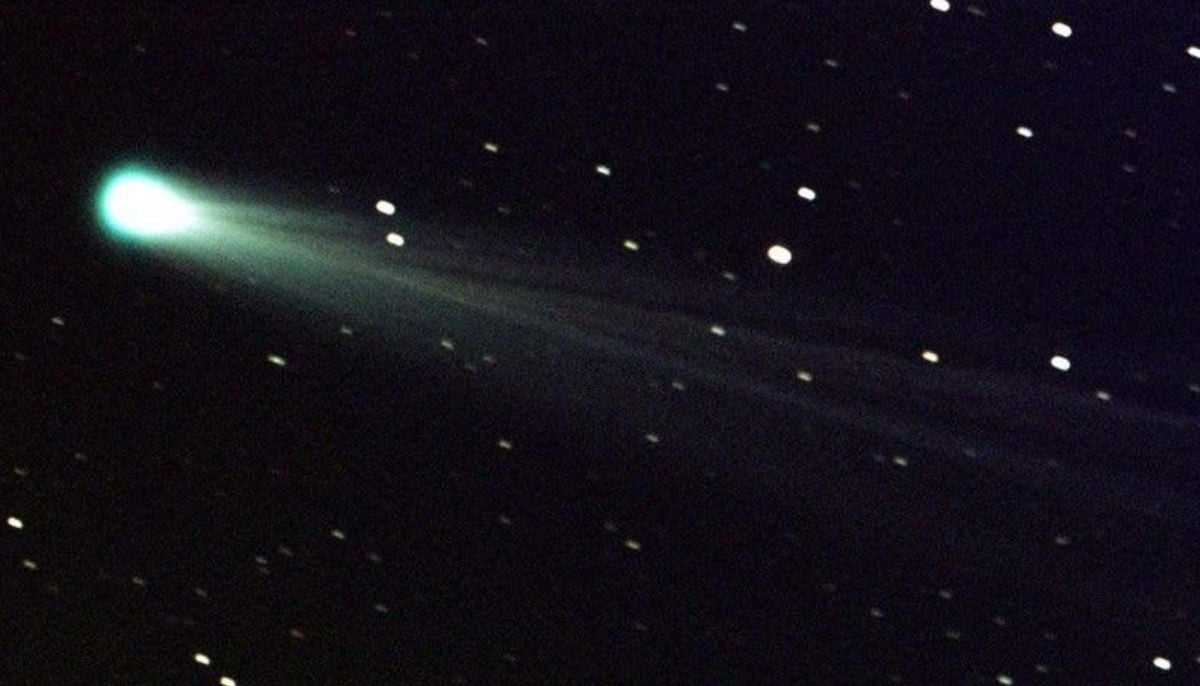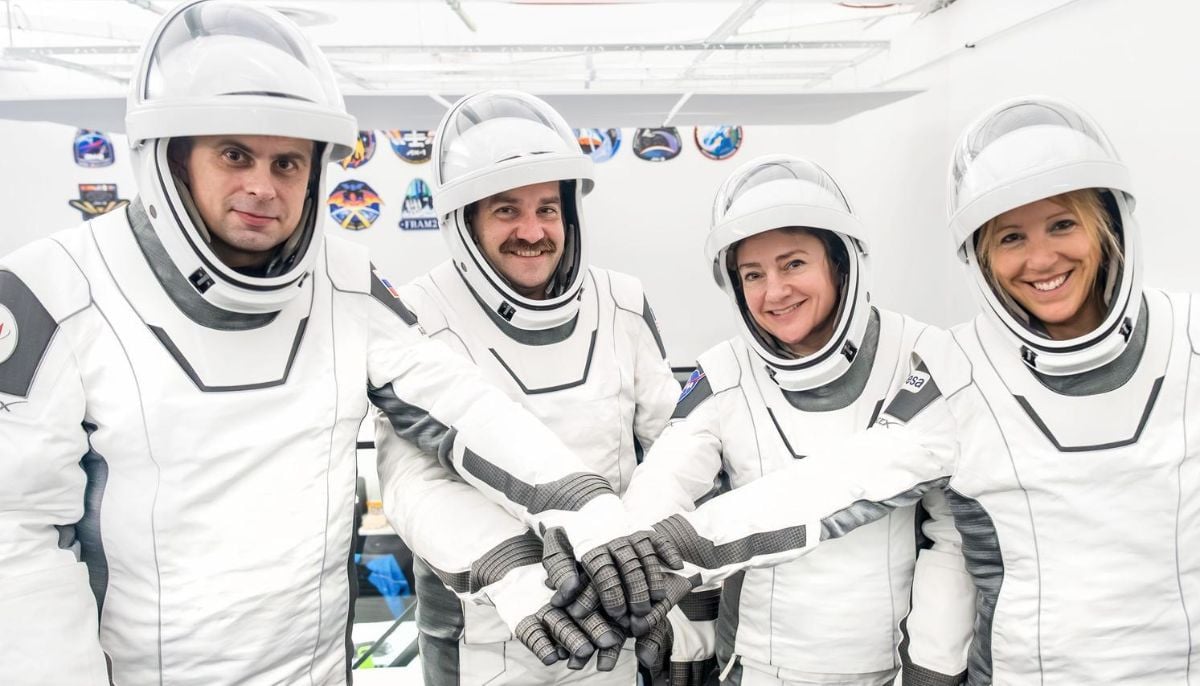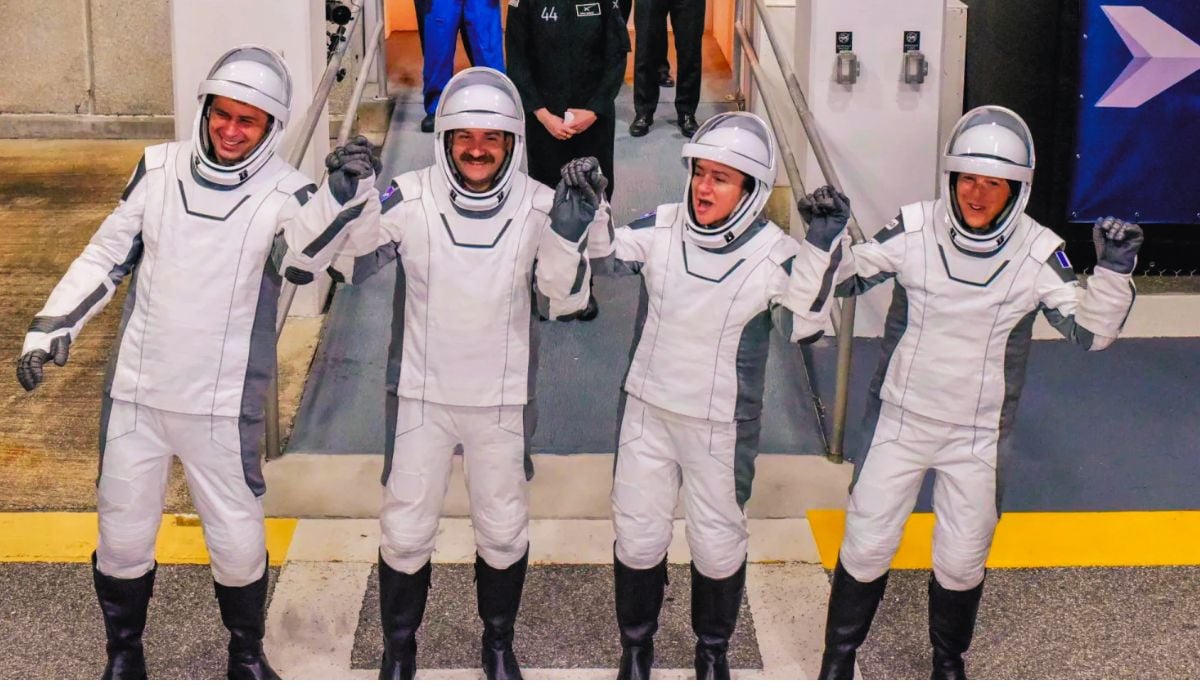NASA heads back to the moon with intentions of staying back.
Jim Bridenstine, NASA's administrator, told reporters on Thursday that the agency plans to speed up plans backed by President Donald Trump to return to the moon, using private companies.
NASA is accelerating plans to return Americans to the Moon, and this time, the US space agency says it will be there to stay.
Jim Bridenstine, NASA's administrator, told reporters on Thursday that the agency plans to speed up plans backed by President Donald Trump to return to the moon, using private companies.
It's important that we get back to the moon as fast as possible," said Bridenstine in a meeting at NASA's Washington headquarters, adding he hoped to have astronauts back there by 2028.
"This time, when we go to the Moon, we're actually going to stay. We're not going to leave flags and footprints and then come home to not go back for another 50 years" he said.
"We're doing it entirely different than every other country in the world. What we're doing is, we're making it sustainable so you can go back and forth regularly with humans."
The deadline for bids is March 25, with a first selection due in May, a tight timeline for an agency whose past projects have run years behind schedule and billions over budget.
"For us, if we had any wish, I would like to fly this calendar year. We want to go fast," said Thomas Zurbuchen, the associate administrator of NASA's Science Mission Directorate.
However, he admitted that "we may not be able to."
NASA plans to build a small space station, dubbed Gateway, in the Moon's orbit by 2026. It will serve as a way-station for trips to and from the lunar surface, but will not be permanently crewed like the International Space Station (ISS), currently in Earth's orbit.
As with the ISS, NASA would seek the participation of other countries, who could provide some of the necessary needed, such as modules for the Moon station or vehicles to allow landings on the surface.
"We care about speed," said Thomas Zurbuchen, associate administrator of NASA's Science Mission Directorate. "
"We do not expect that every one of those launches or every one of those landings will be successful. We are taking risks."
-
‘Smiling electrons’ discovered in Earth’s magnetosphere in rare space breakthrough
-
Archaeologists unearthed possible fragments of Hannibal’s war elephant in Spain
-
NASA's Hubble Space Telescope discovers ‘Dracula Disk', 40 times bigger than solar system
-
Annular solar eclipse 2026: Where and how to watch ‘ring of fire’
-
Scientists discover rare form of 'magnets' that might surprise you
-
Humans may have 33 senses, not 5: New study challenges long-held science
-
Northern Lights: Calm conditions persist amid low space weather activity
-
SpaceX pivots from Mars plans to prioritize 2027 Moon landing











